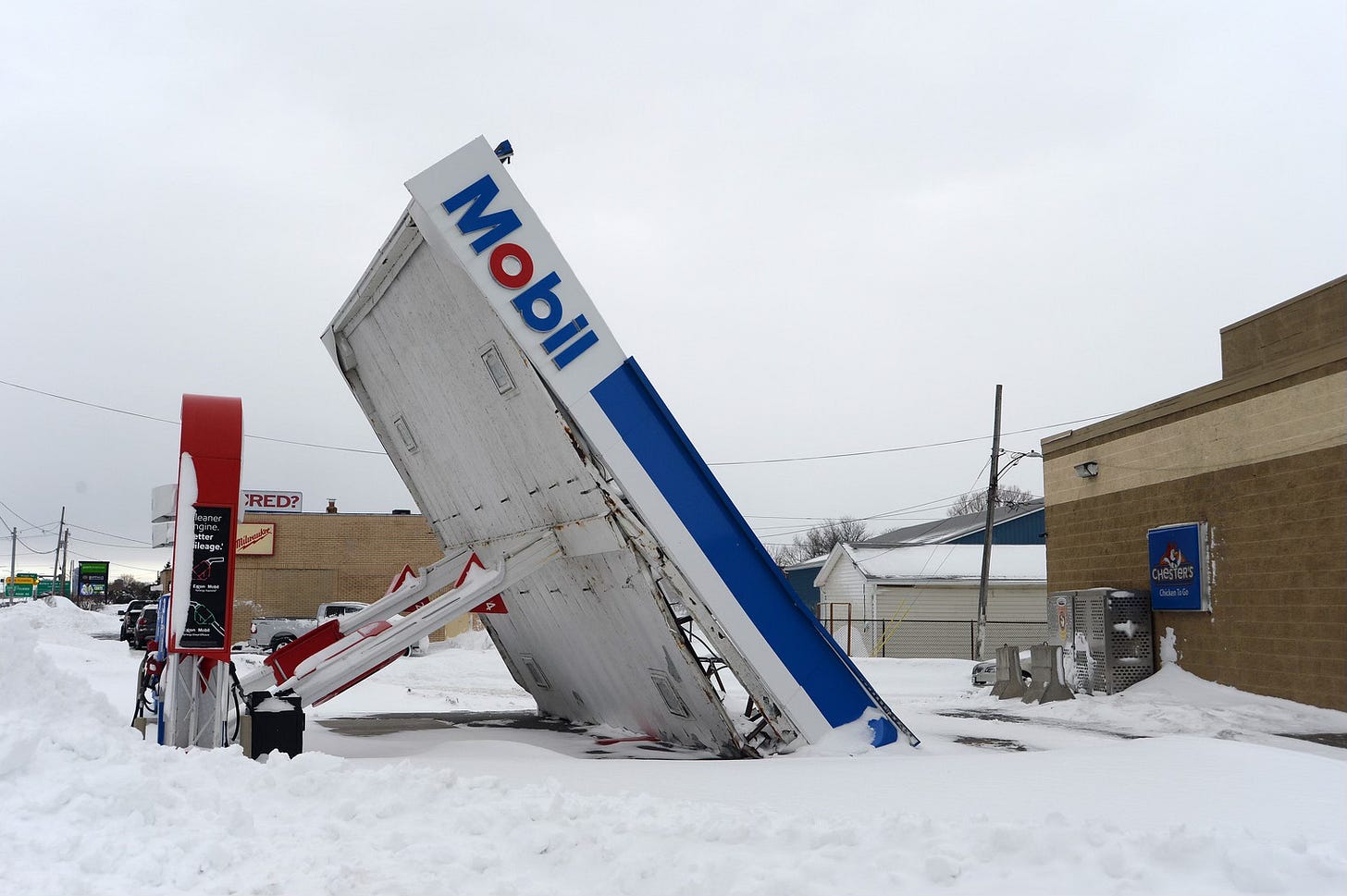Power Grid Modernization
Will a bold plan prove to be a good one?
Amidst a normal Monday afternoon in what I imagine was a nondescript Government meeting room, a potentially landmark decision may have been reached. The Federal Energy Regulatory Commission (F.E.R.C.) approved and unveiled an ambitious plan to fortify and expand the United States’ aging electrical grid. These new rules are aimed at facilitating the transition to renewable energy sources while bolstering grid resilience against extreme weather events.
The centerpiece of F.E.R.C.'s initiative is the Star Wars sounding Order 1920, which requires grid operators and transmission owners to adopt a forward-looking approach to infrastructure planning. What this ideally entails is moving to a management perspective that anticipates shifts in electricity production and considers a long-term (next two decades) benefits when proposing new grid related projects.
"These new rules represent a giant leap toward a more sustainable, reliable, and cost-effective electric grid," said F.E.R.C. Chair Willie Phillips. "They cannot come fast enough as we strive to meet the nation's rapidly evolving energy needs."
In a separate but really important move, F.E.R.C. unanimously approved Order 1977, granting the commission authority to permit electric transmission lines in cases where states fail to act. As is sadly the case more and more on the city/state and country level, the permitting process needs streamlining.
There is an undeniable need to modernize America's patchwork of regional grids, many of which were constructed over half a century ago. This modernization will handle the two prime challenges, integrating renewable sources and weatherproofing the grid against severe weather events.
"A robust grid will also enhance resilience, allowing utilities to reroute electricity and restore service more quickly after disruptive events like hurricanes or winter storms." - Dr. Emily Grubert, Georgia Tech University.
While the new rules have drawn criticism from some quarters over perceived federal overreach, many state leaders have welcomed F.E.R.C.'s initiative as a pragmatic step toward a cleaner, more secure energy future. Governor Jay Inslee of Washington, a long-time proponent of climate action, hailed the commission's decision as "a beacon of hope for our children and grandchildren."
Monday's orders from F.E.R.C. provide a blueprint for modernizing the nation's lifeline grid infrastructure. With foresight and cooperation among stakeholders, a 21st century power transmission system can propel America toward its renewable energy goals while fortifying communities against the intensifying impacts of global warming.




